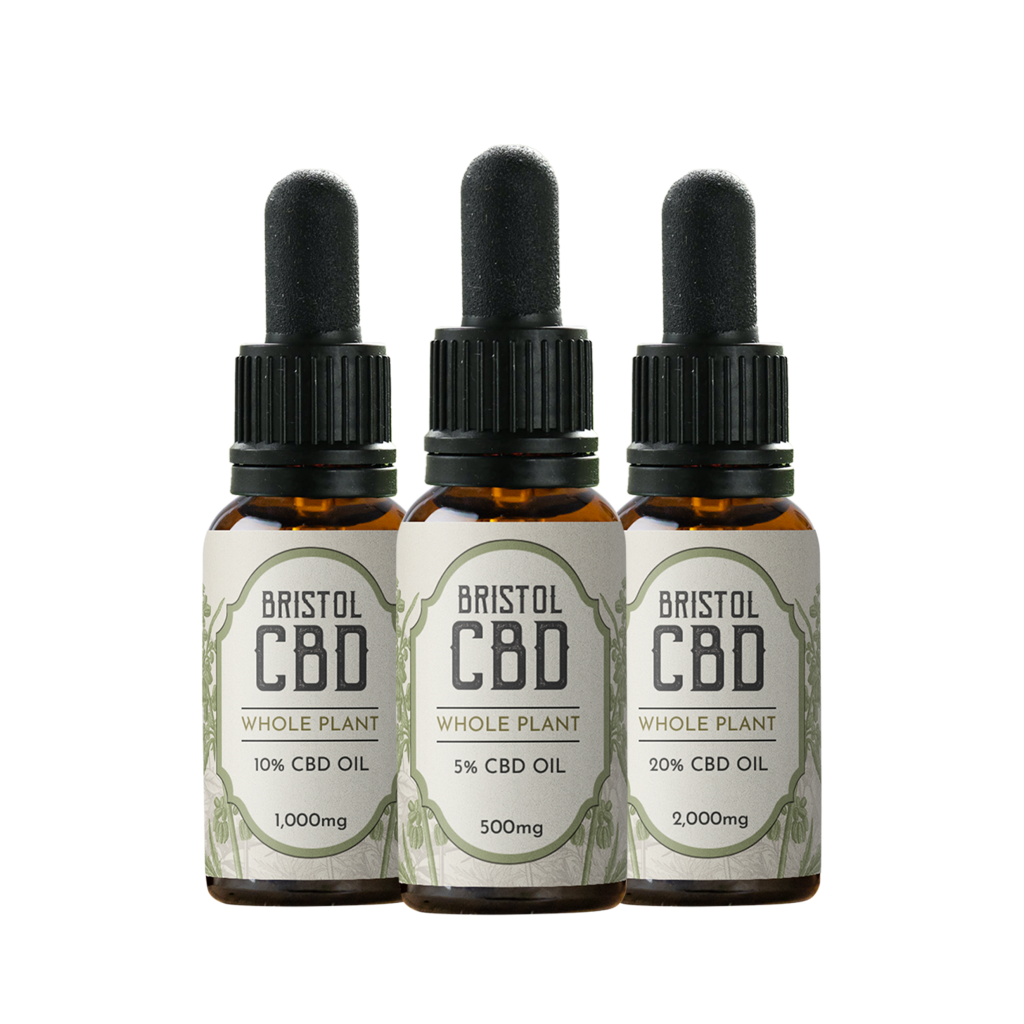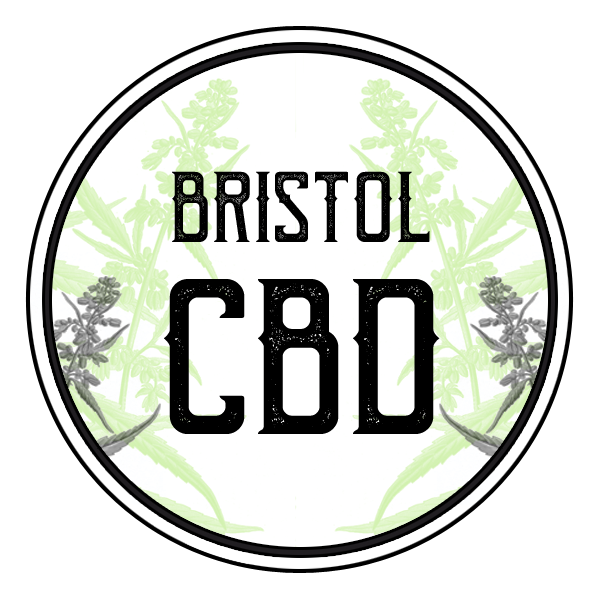The benefits of CBD for Autism were relatively unknown until recently. However, in recent years, CBD (Cannabidiol) has garnered significant attention for its potential therapeutic benefits across various conditions, including Autism Spectrum Disorder (ASD). ASD is a complex neurodevelopmental condition characterized by challenges in social interaction, communication, and repetitive behaviors. As awareness of ASD has grown, so has interest in alternative therapies that might support individuals with autism.
Understanding CBD and How It Works
CBD is one of over 100 cannabinoids found in the cannabis plant. Unlike its counterpart, tetrahydrocannabinol (THC), CBD does not have psychoactive effects, meaning it does not induce a “high.” Instead, CBD interacts with the body’s endocannabinoid system (ECS), a complex cell-signaling system involved in regulating various functions, including mood, sleep, appetite, and immune response.
The ECS consists of endocannabinoids, receptors, and enzymes. CBD is thought to influence the ECS by interacting with cannabinoid receptors (CB1 and CB2) found throughout the body. This interaction may help modulate various physiological processes, potentially providing therapeutic benefits for conditions like ASD.
Research on CBD and Autism
1. Alleviating Behavioral Symptoms:
A 2019 review paper titled “Endocannabinoid system involvement in autism spectrum disorder: An overview with potential therapeutic applications” highlights the significant role of the ECS in neuropsychiatric disorders, including ASD. The review suggests that CBD may help alleviate several conditions commonly associated with autism, such as anxiety, depression, seizures, and sleep problems.
2. Parental Reports:
In a 2019 survey conducted by Israeli researchers, parents of 53 children and young adults with ASD reported on their experiences with CBD oil. The participants, aged between 4 to 22, received oral drops of CBD oil for an average of 66 days. The results were promising:
- 68% saw improvements in self-harm and rage attacks
- 68% saw improvements in hyperactivity
- 71% experienced better sleep quality
- 47% had reduced anxiety levels
While some children experienced increased anxiety, the majority saw positive changes with mild side effects such as changes in appetite and drowsiness.
3. Clinical Studies:
Another study published in Nature in 2019 analyzed data from 188 children with ASD treated with medical cannabis, predominantly CBD-rich cannabis oil, between 2015 and 2017. After six months of treatment:
- Nearly one-third reported significant improvements in quality of life
- More than half reported moderate improvements in mood and independent functioning
These studies suggest that CBD could offer a range of benefits for individuals with ASD, though more research is needed to fully understand its effects.
Research Link: https://www.nature.com/articles/s41398-022-02104-8
Potential Benefits of CBD for Autism
1. Reducing Anxiety and Stress: Many individuals with ASD experience high levels of anxiety and stress. CBD’s anxiolytic properties may help reduce these feelings, making social interactions and daily activities less overwhelming.
2. Improving Sleep: Sleep disturbances are common in individuals with autism. CBD’s potential to improve sleep quality can have a significant positive impact on overall well-being and daily functioning.
3. Managing Seizures: Seizures are a common comorbidity in autism. Research has shown that CBD can significantly reduce seizure frequency in conditions like Dravet syndrome and Lennox-Gastaut syndrome. Clinical trials, such as those published in the New England Journal of Medicine, demonstrate CBD’s efficacy in lowering convulsive seizures and improving quality of life for patients
4. Enhancing Mood and Behavior: CBD may help regulate mood by interacting with the ECS, potentially reducing symptoms of depression and improving overall behavior. This can lead to a more stable emotional state and better coping mechanisms.
5. Alleviating Gastrointestinal Issues: Many individuals with ASD suffer from gastrointestinal problems. CBD’s anti-inflammatory properties may help reduce gastrointestinal discomfort and improve digestive health.

Practical Considerations
1. Consult with a Healthcare Provider: Before starting CBD, it is crucial to consult with a healthcare provider experienced in cannabis therapeutics. They can help determine the appropriate dosage and monitor any potential interactions with other medications.
2. Start Low and Go Slow: Finding the right dosage of CBD can be challenging, as it affects individuals differently. It is advisable to start with a low dose and gradually increase until the desired effects are achieved.
3. Choose Quality Products: Ensure you are using high-quality CBD products from reputable manufacturers. Look for third-party lab testing and certificates of analysis to confirm the product’s purity and potency.
Conclusion
While more research is needed to fully understand the benefits and potential risks of CBD for autism, early studies and anecdotal evidence suggest that it may offer significant relief for some symptoms associated with ASD. From reducing anxiety and improving sleep to managing seizures and enhancing mood, CBD holds promise as a complementary therapy for individuals with autism. As always, it is essential to consult with a healthcare professional before starting any new treatment.
About Bristol CBD:
Bristol CBD is the most trusted CBD brand in the UK with a trust score of 5.0 stars on both Google and Trustpilot. As well as CBD products, Bristol CBD also sell high-spec functional mushrooms including Lion’s Mane, Cordyceps, Shiitake, Chaga, Reishi and Turkey Tail.
We offer unparalleled customer service, support, guidance and advice and a 100% money back guarantee if you are not entirely satisfied with your product.
If you have any questions about how to buy or use CBD or medicinal mushroom products, please feel free to call us on 07706 031 935 at any time. We are always happy to share our experiences and help people to find the best solution for their own needs.
Please note that Bristol CBD staff are not qualified doctors or nurses and therefore we do not make any medical claims and cannot recommend CBD for specific ailments. Our articles are simply based on our own research and over 12 years experience of working with CBD and other supplements. We always encourage people to talk with their GPs, physicians or nurses before taking CBD products.





